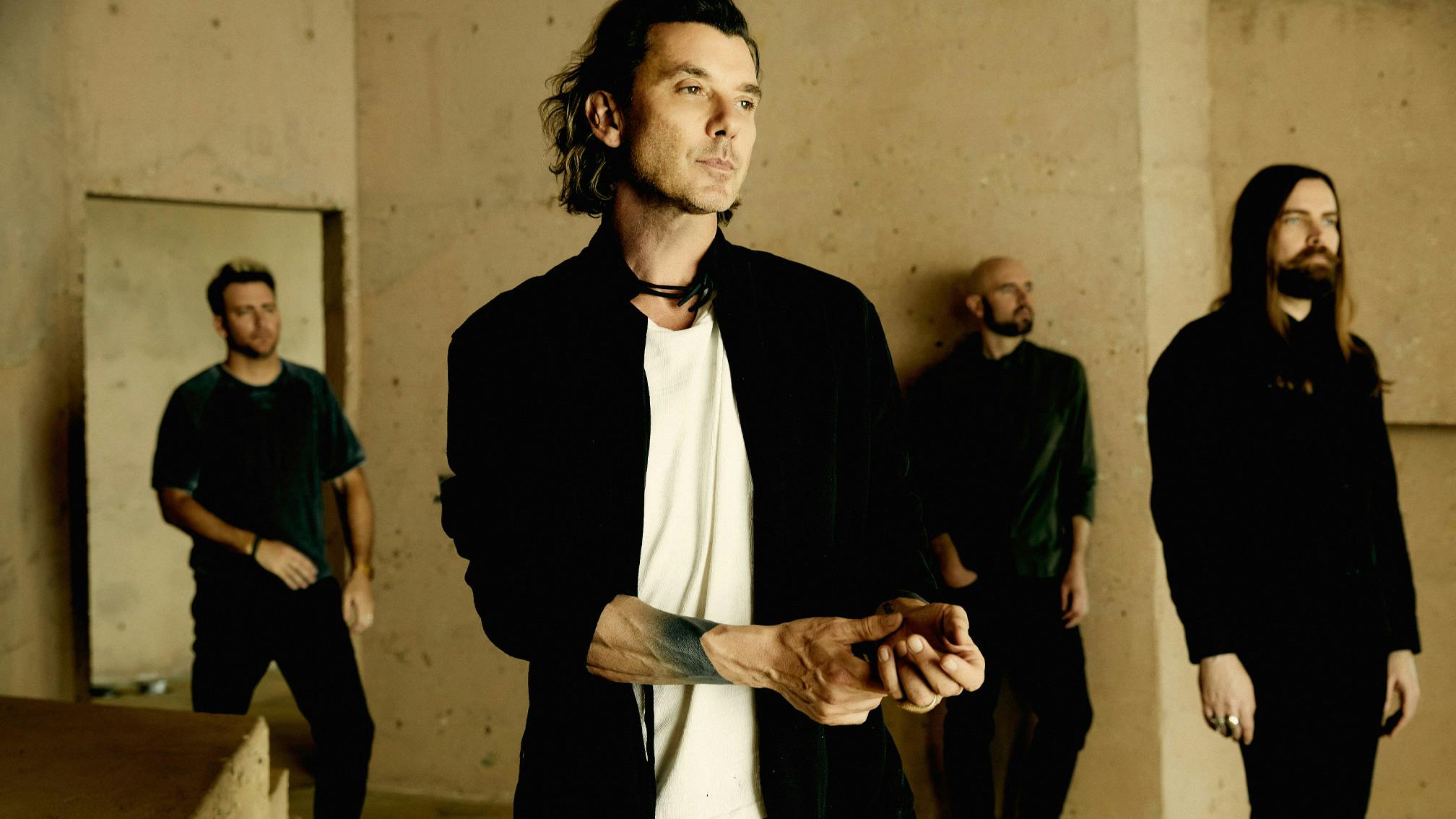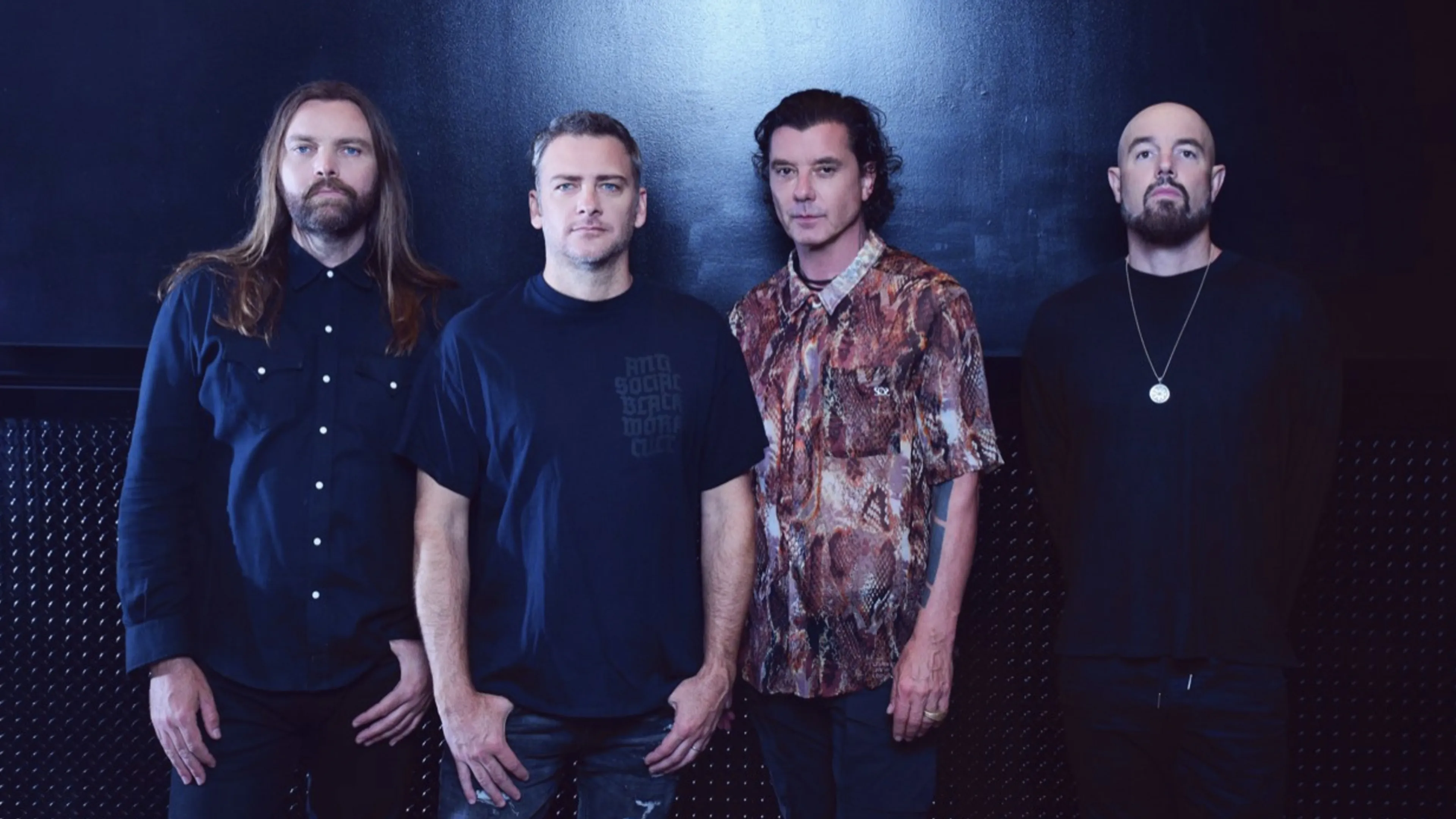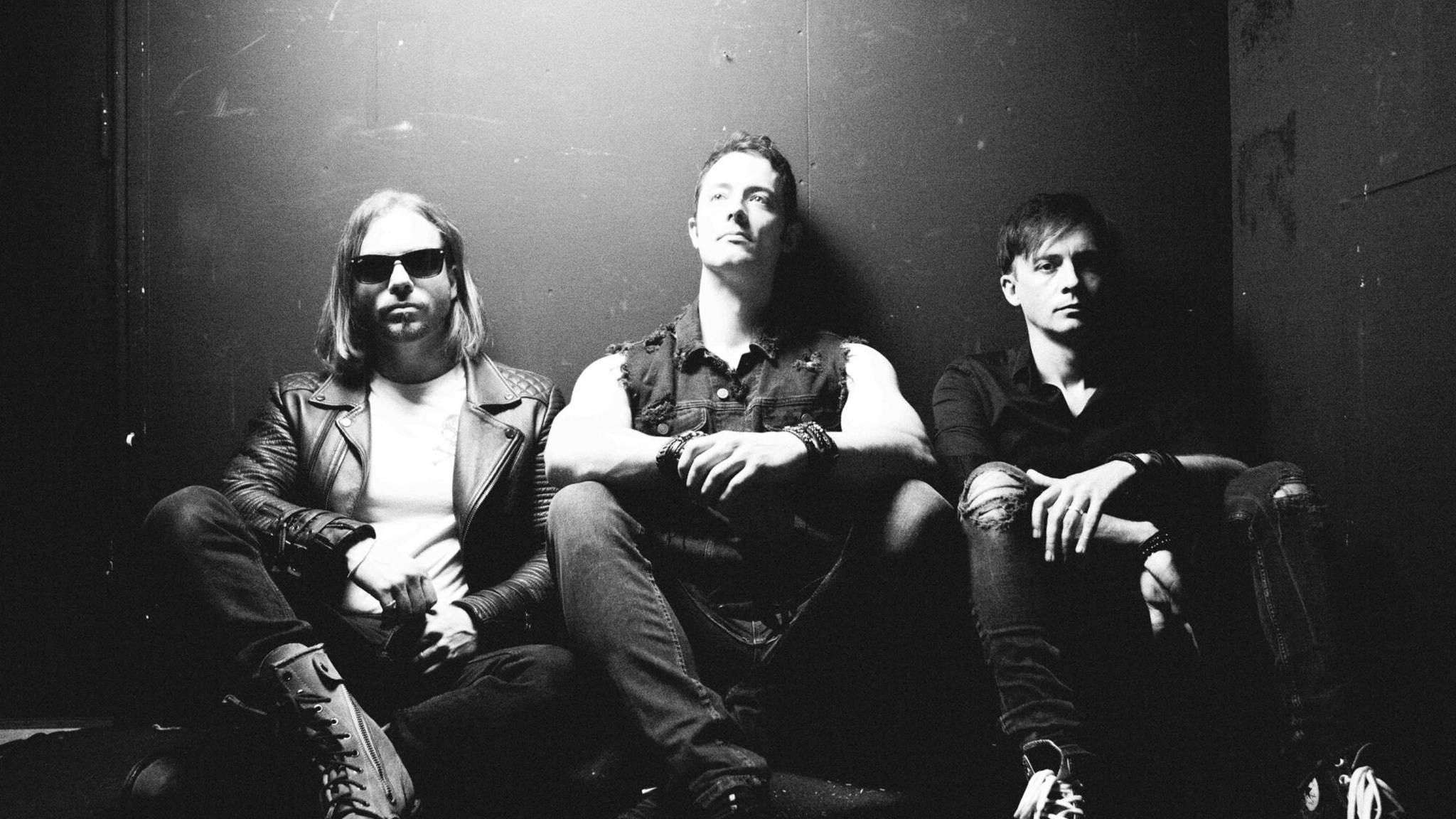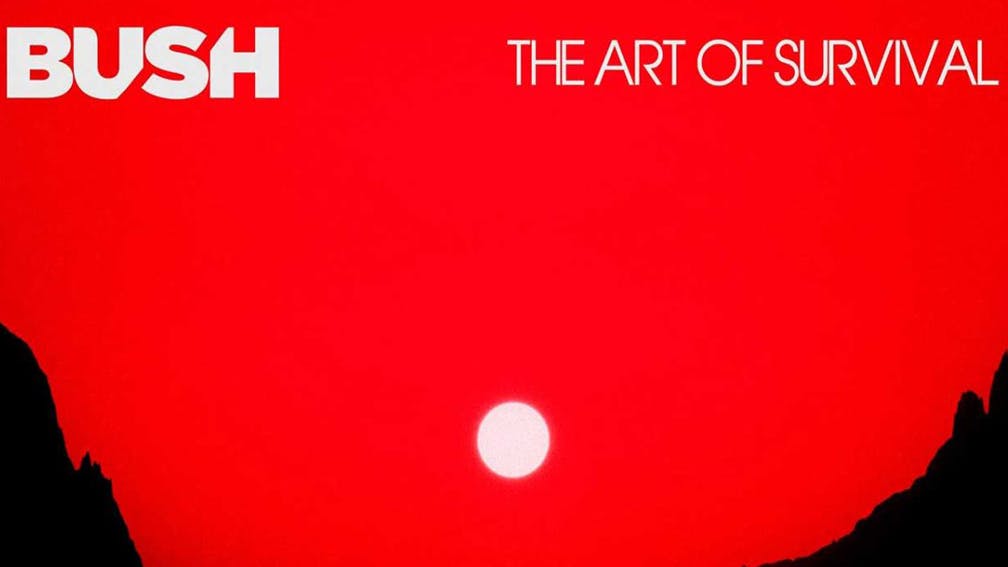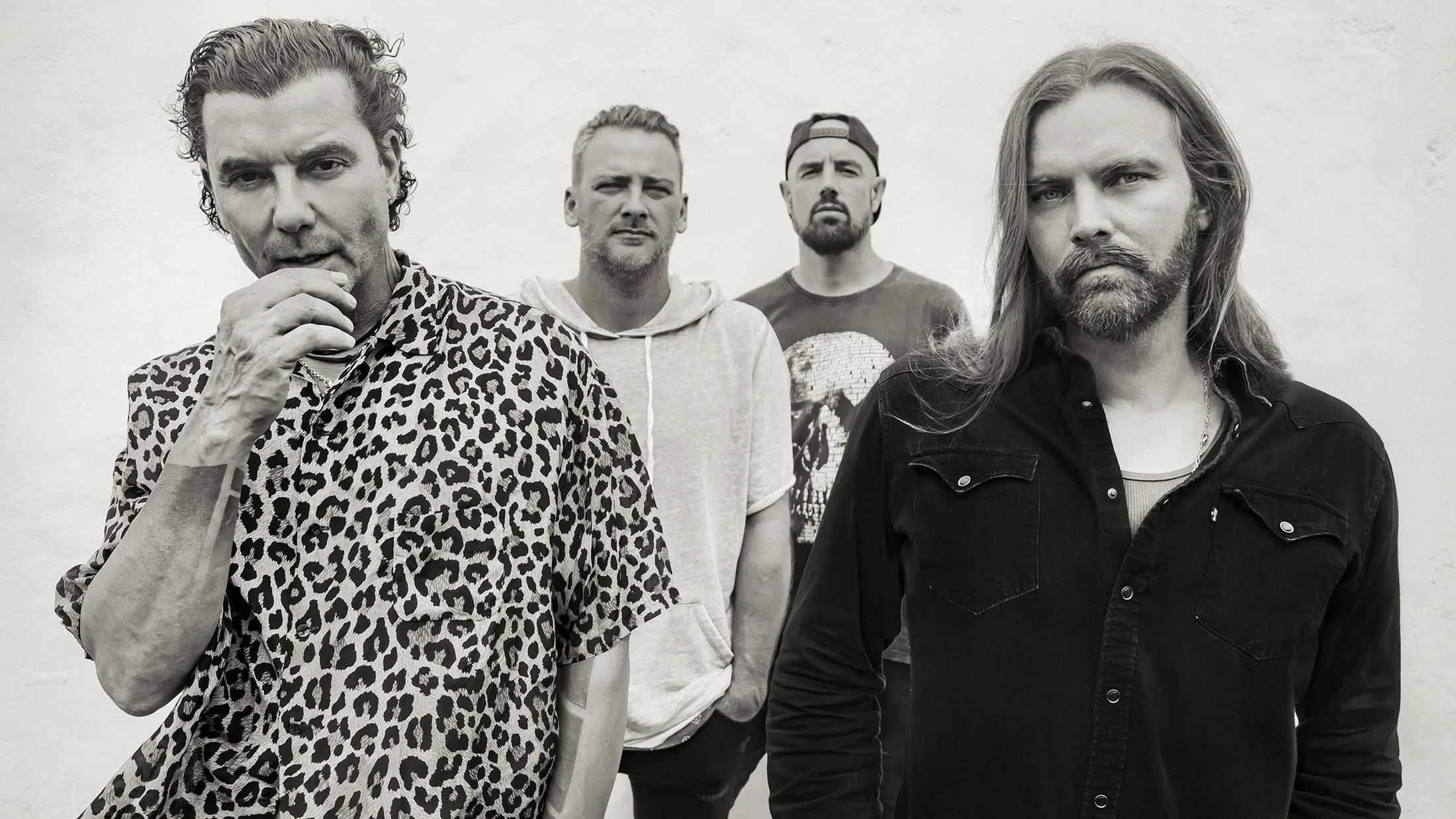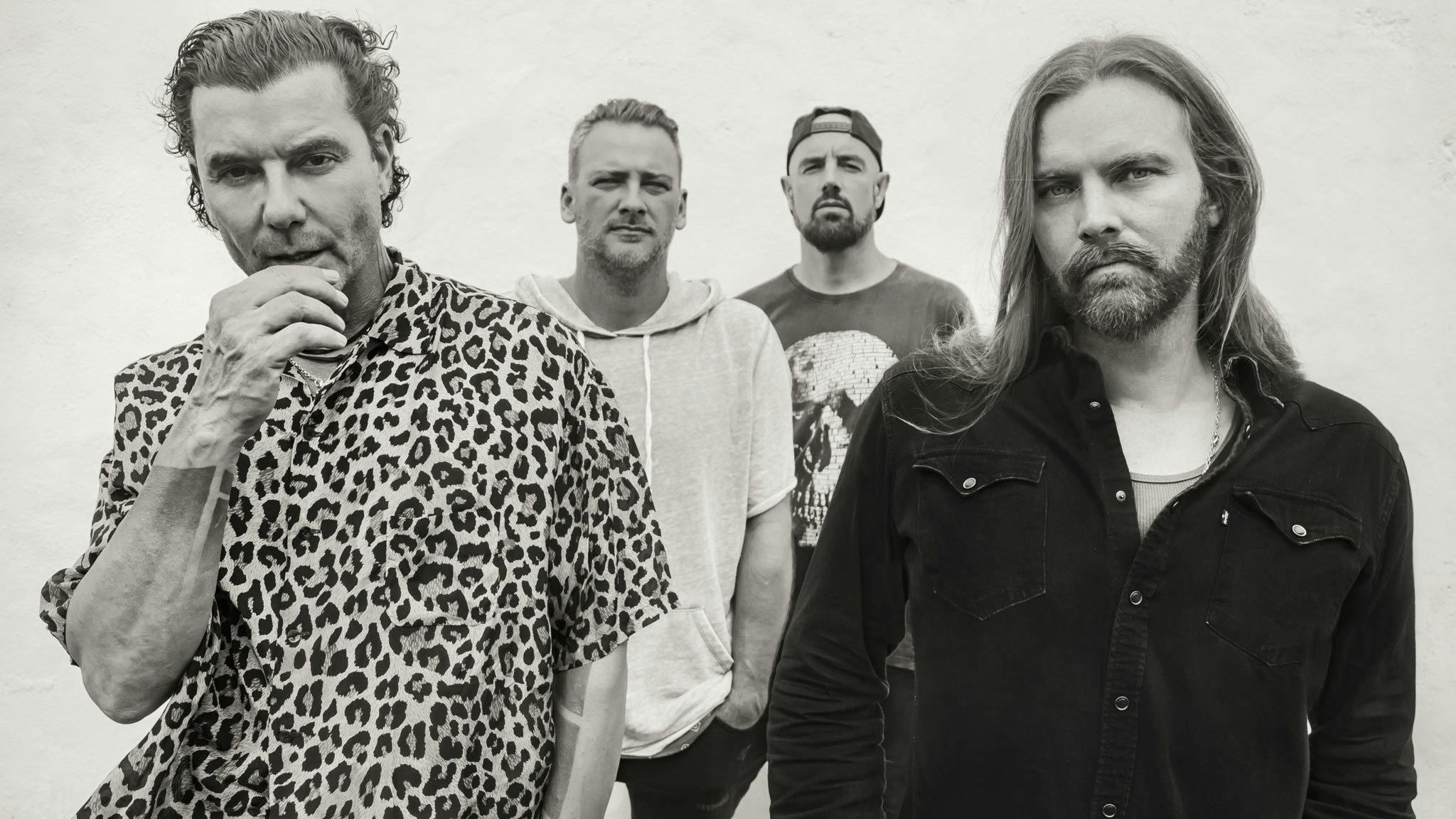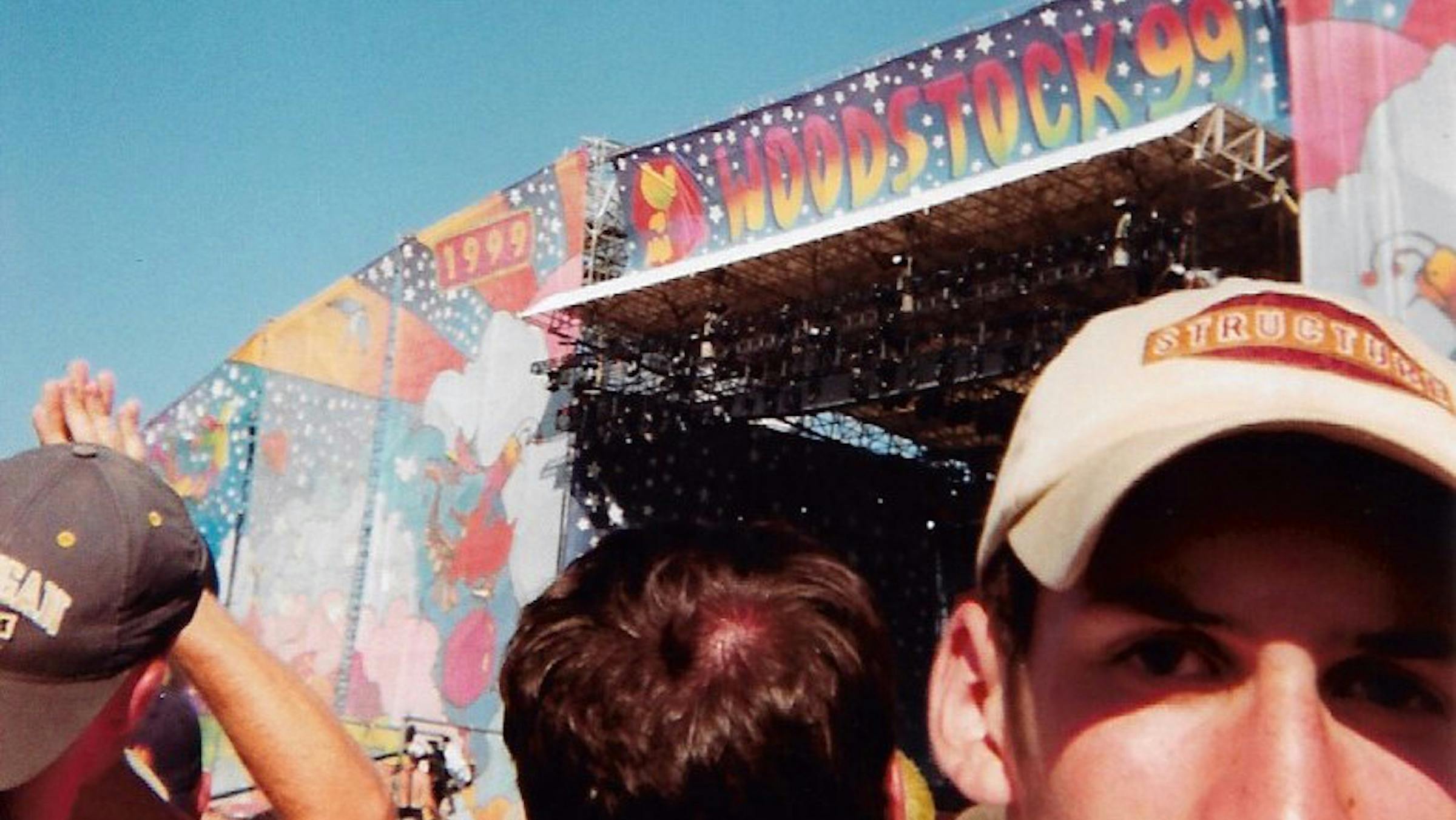"Writing Everything Zen felt like a seismic moment for me. I guess I’d written enough shitty songs by that point that I was inevitably going to start writing some better ones! As with all the earliest Bush songs, it started with me and my drum machine: I’d record the riff on a cassette tape and then walk around The Regent’s Park or Hyde Park playing it in one ear, and trying to sing melodies and lyrics to go along with me. Writing the lyric 'Should I fly to Los Angeles, find my asshole brother' felt like a change in my approach, that incendiary lyric immediately felt like it had more impact than anything else I’d previously written. Britpop was really massive at the time, and I’d sort of given up trying to be successful in music – I’d been in a couple of bands already and got nowhere – and I was fully aware that in writing that line I was signing my own death warrant in terms of getting signed to a record label in England, because it was going to be (adopts horrified London A&R man voice), 'This doesn’t sound like Suede!' So that felt really liberating.
"We rehearsed in an estate in Harlesden, which at time was a really heavy area, like, the murder capital of Europe, and when the guy who signed us to our first record deal saw us there, this was one of the songs he liked best. But it didn’t initially feel like a hit single: in fact, when we lost our distribution deal with Hollywood Records, and got dropped, someone there famously said, 'Not only are there no singles on Sixteen Stone, there are no album tracks either.' I went back to my day job as a painter, and just thought, 'Oh, okay, well, I enjoyed making the record at least, that was fun.' But then [Trauma label owner] Rob Kahane got us onto [influential LA radio station] KROQ and suddenly Jimmy Iovine and Ted Field at Interscope told us that they loved the song, and wanted to meet us. And then everything changed…"
